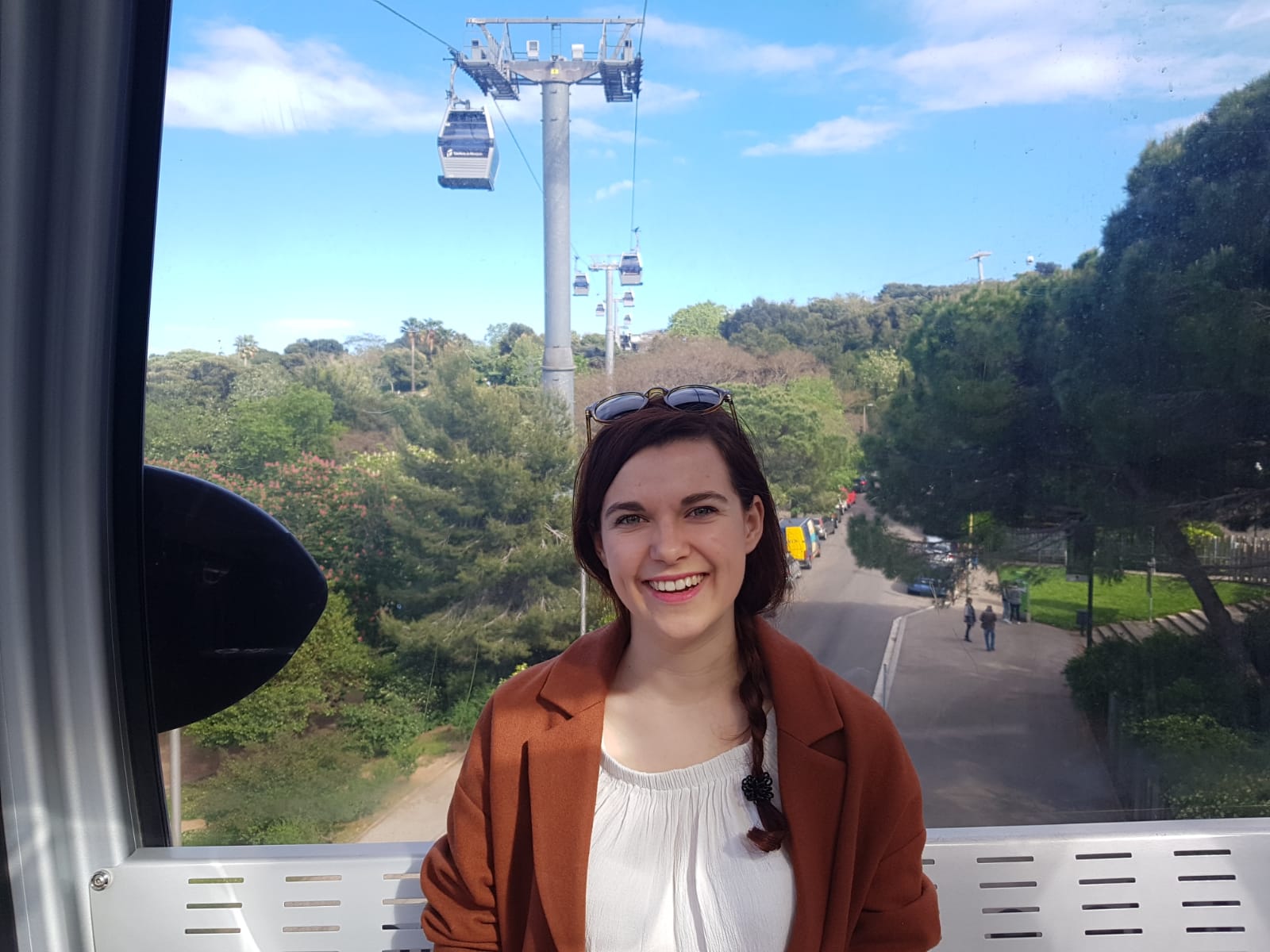Dementia care: what we can learn from the research?

ENRICHEnabling Research in Care Homes
GUEST BLOG
Dementia care: what we can learn from the research?
Martha Powell is a Communication and Marketing Manager at the NIHR Centre for Engagement and Dissemination. She works closely with the team on the NIHR Evidence website, supporting the publication of Alerts, Collections and Themed Reviews.
In this guest blog Martha Powell, from the NIHR Centre for Engagement and Dissemination, speaks about a recently published collection that brings together NIHR-funded dementia research and asks what impact it could have on family carers, health and care professionals, and people living with dementia.

According to Alzheimer’s Research UK, 52% of the UK public know someone who has been diagnosed with a form of dementia. I am one of those 52% – my granny, who turns 89 this year, was diagnosed with dementia several years ago and now enjoys living in a dementia-specialist care home, filled with wonderful staff. Although my granny has benefitted hugely from receiving tailored care, there are still areas where we could learn more when it comes to supporting, and caring for, people living with dementia.
The statistic of 52% shows us that dementia is an important topic in the UK, in addition, the prevalence of dementia is on the rise – it is estimated that one million people in the UK will have dementia by 2025. To fill the gaps in current knowledge the NIHR funds a wealth of dementia research. But what are the findings of this NIHR research, and how could it make a difference to healthcare professionals, family carers and people living with dementia?
Putting evidence together
I was recently involved in publishing an NIHR Evidence Collection on dementia. This publication brings together some of the recent, NIHR-funded research around dementia, and covers topics from loneliness and social isolation, to improving care and communication.
But collating this research only answers half the question! We were also keen to understand the impact the research findings could have on the people who might be able to use or act on them. We asked a number of people who had lived and professional experiences with dementia to give their perspectives on the research we’d collated – and we put their responses into our Collection.
Reality check
Eleven individuals commented on our Collection. From Kathryn, who specialises in coordinating clinical trials in conditions linked to the ageing population, to Wendy, who was diagnosed with young onset dementia in 2014 – their input grounds the research in reality. For example, after reading a piece of research that links social isolation and depression with loneliness in people with dementia, Anne, who cares for her husband Andrew, commented:
“After reading this, I asked Andrew the question: ‘Are you lonely?’ He responded saying ‘No, I have lots of things to do: I have my radio to listen to; I can watch cricket on the telly; and I’ve got you to talk to.’ This is of course true but the onus gets put on the carer then to provide those activities, their time to talk and to do all the things that the person with dementia wants to do.”
Care and COVID
The Collection particularly highlights the importance of care in the lives of many people living with dementia, with research suggesting that care home managers and staff need more support to improve care, and that phrasing requests carefully could help people with dementia accept care.
As with almost everything this year, both the research and our contributors reflect the impact of Covid, not just on overstretched hospital and care home staff, but also on informal dementia carers who have faced tricky decisions during the pandemic. In addition, many contributors brought up the social restrictions that have affected us all, and told us first-hand the effect these restrictions have had on people with dementia and their carers. As our contributor Penny, who is a Clinical Psychologist and Research Fellow, so beautifully summarised:
“During the Covid-19 pandemic, at a time where we are all experiencing barriers to social interaction, with complicated rules limiting our access to social support and our usual networks, this research feels particularly relevant.”
If you’d like to find out more about NIHR dementia research, and the perspectives of our contributors, you can read the full Dementia Collection here.